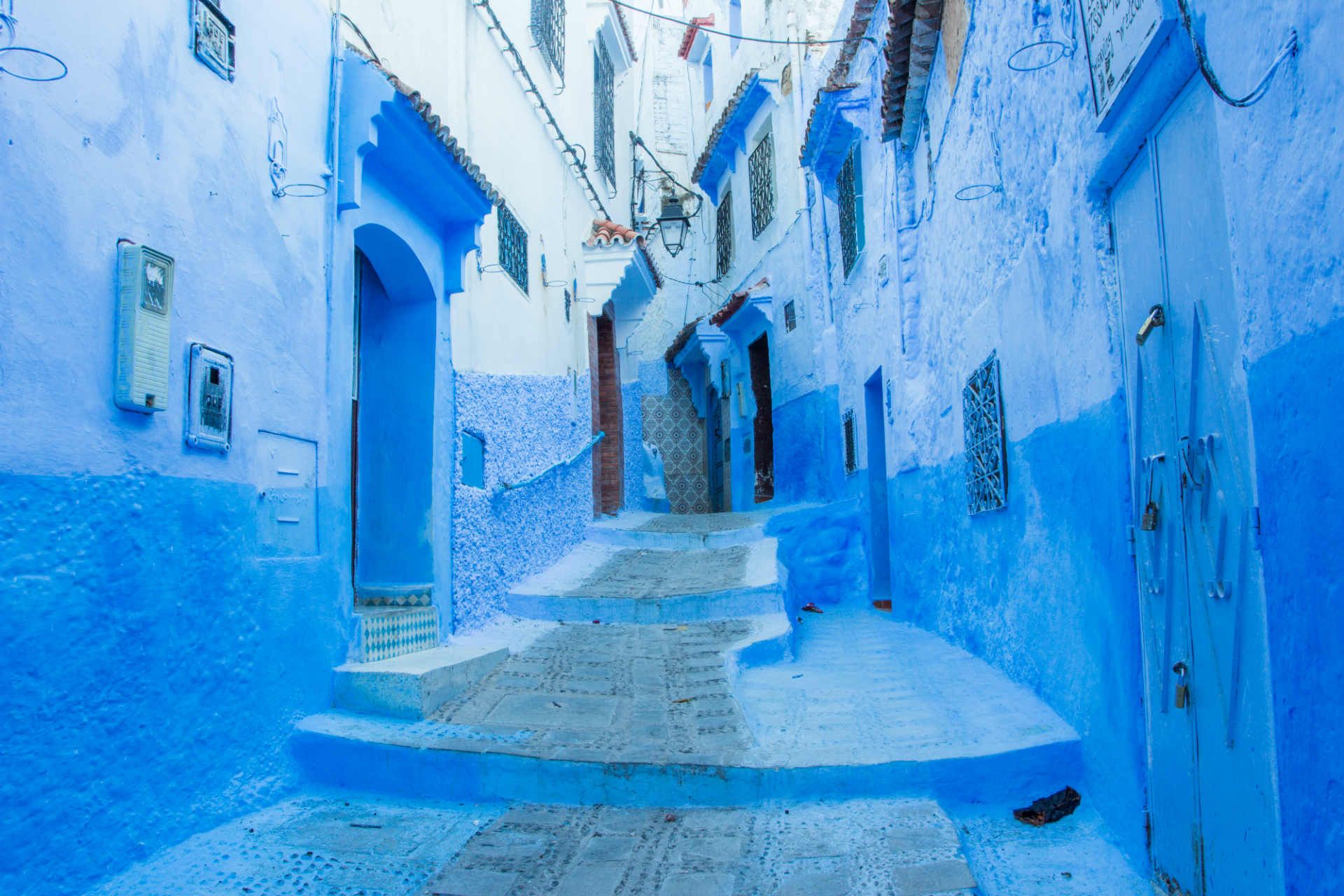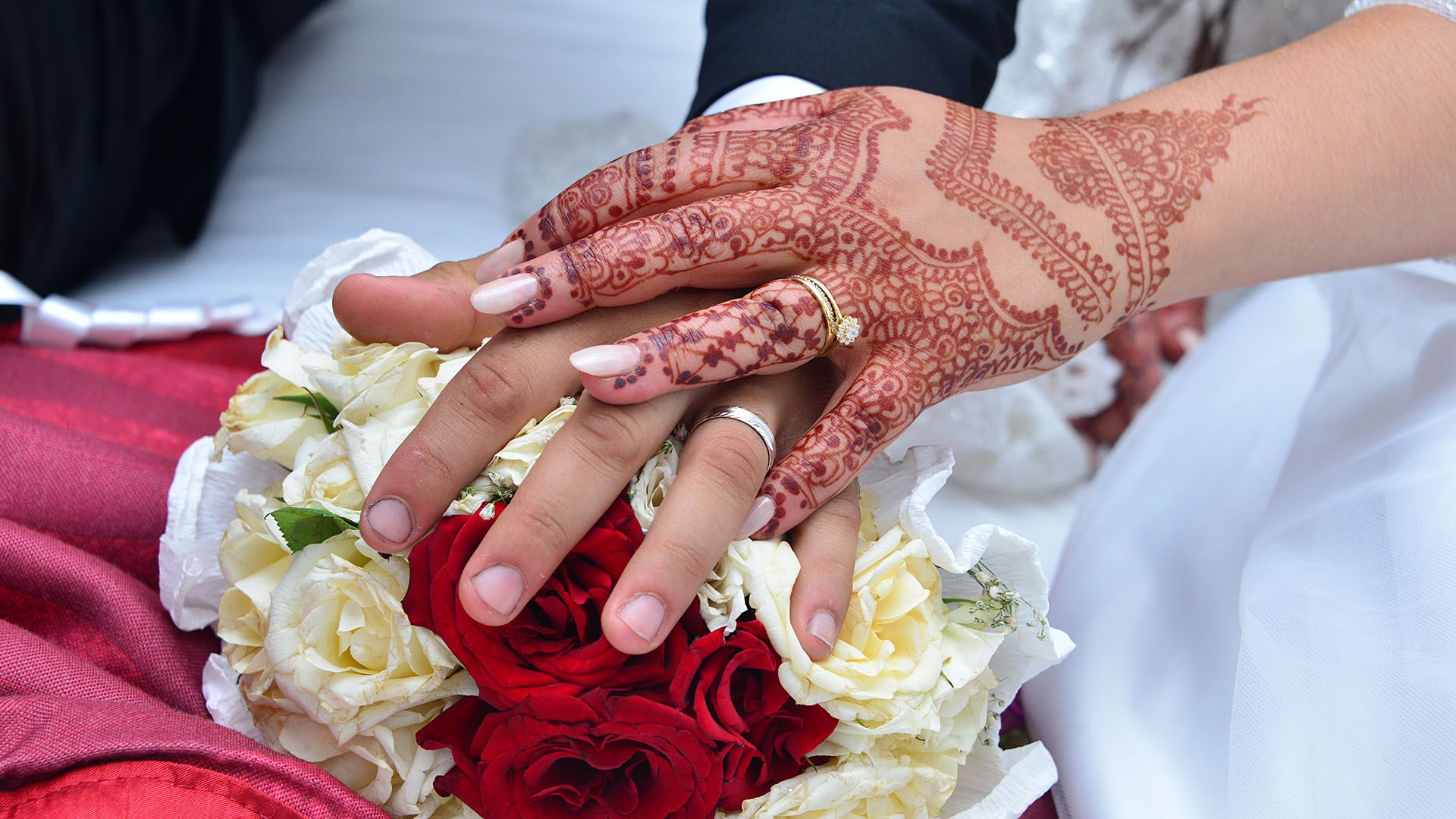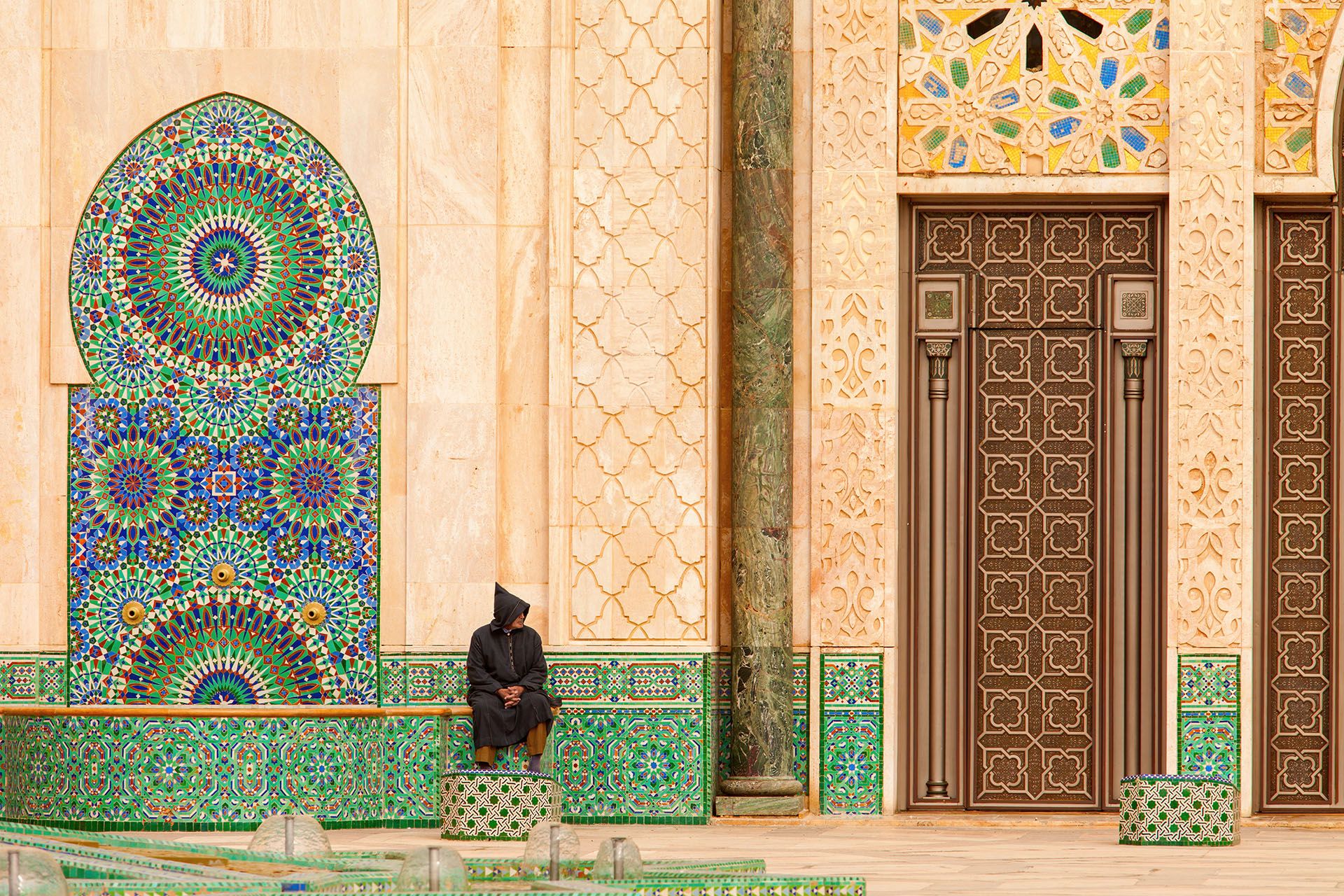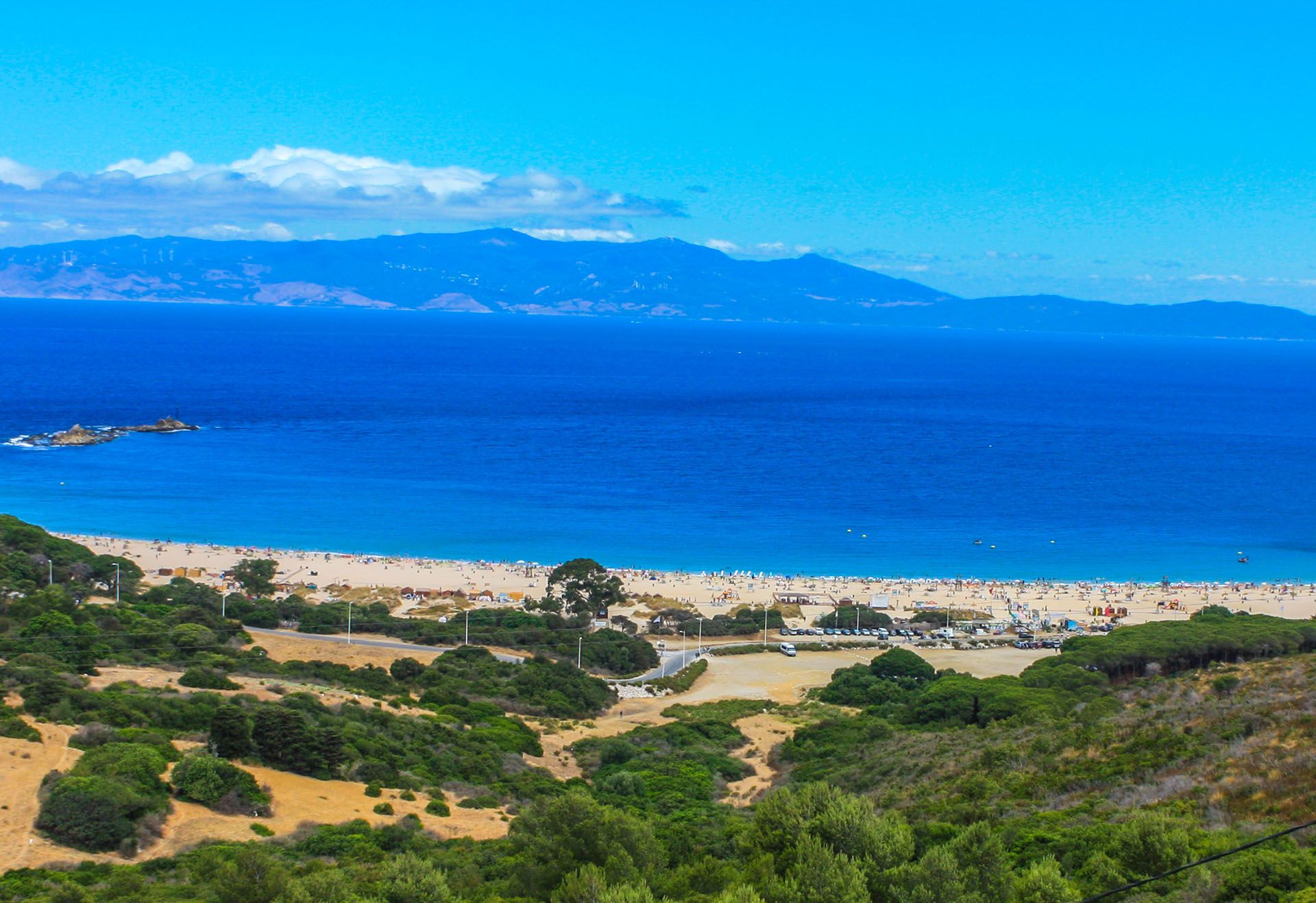Travel advice for Morocco
From travel safety to visa requirements, discover the best tips for visiting Morocco
Book your individual trip, stress-free with local travel experts
To get the most out of your adventure, it's crucial to choose the best time to visit Morocco. The best time to visit Morocco is during spring (March to May) and fall (September to November). Avoid the south and desert in mid-summer due to extreme heat. Coastal areas are pleasant in July-August, and the mountains offer year-round adventure without strict seasonal rules.
The best time to visit Morocco is around spring (March to May) or fall (September and October). During these months, it's comfortably warm, with temperatures hovering around 68-77°F. Moreover, you skip the extreme heat of the summer and colder winter months.
The peak tourist season in Morocco is from April to October, with the most visitors during spring (April to June) and fall (September and October). These times offer mild and pleasant weather, perfect for exploring the diverse landscapes, from bustling cities to the tranquil Sahara Desert.
However, the summer months, especially July and August, it can be extremely hot, particularly in the desert regions and the south. This intense heat can make outdoor activities less comfortable, and coastal areas like Essaouira and Agadir may be more crowded.
Winter, from November to February, can be freezing, especially in the Atlas Mountains and the desert at night. However, this season has fewer tourists, making it a good time for those looking to avoid crowds.
| Jan | Feb | Mar | Apr | May | Jun | Jul | Aug | Sep | Oct | Nov | Dec | |
|---|---|---|---|---|---|---|---|---|---|---|---|---|
| ☀️ (°F) | 59 | 61.5 | 65.5 | 68 | 71.5 | 76 | 81.5 | 81.5 | 78 | 72.5 | 65.5 | 61.5 |
| 🌧️ (in) | 1.5 | 1.2 | 1.3 | 1.1 | 0.6 | 0.2 | 0.1 | 0.2 | 0.5 | 0.8 | 1.4 | 1.7 |

Tips from Mohamed
Morocco Travel Expert

It's important to know that the weather can vary greatly by region. In spring and fall, pack layers to stay comfortable. Evenings in the desert can get surprisingly cold, so bring a warm jacket. Coastal areas like Essaouira can be windy, so a light windbreaker is useful. Enjoy the diversity of our climate and plan accordingly!

Visiting the Atlas Mountains is best during spring and autumn © Shutterstock
Spring (April and May) is one of the best times to visit Morocco, offering warm weather in the south, the mountains, and along both the Mediterranean and Atlantic coasts. Summers can be scorching, especially inland, while winters bring cooler temperatures, particularly in the north and higher altitudes.
If you're trip planning to Morocco, here’s a month-by-month weather guide to help you decide the best time to go.
January offers a unique perspective on Morocco. It's the heart of winter, and while the temperatures may be cooler, especially inland, coastal cities like Casablanca and Rabat enjoy mild weather ranging from 50°F to 64°F (10°C to 18°C).
If you're looking for a quieter and more budget-friendly experience, January is a great choice for Morocco. It is considered the low tourist season, so you can expect fewer crowds compared to other months.
Read more about the weather in Morocco in January.
February offers a delightful balance of manageable weather, fewer crowds, and cost-effectiveness. It's an excellent time to explore the country's diverse landscapes and cultural treasures.
Whether you're navigating the labyrinthine medinas, trekking the mountains, or succumbing to the allure of the desert, February promises a remarkable journey through Morocco.
Read more about the weather in Morocco in February.
March is the perfect time to discover Morocco's enchanting landscapes and vibrant culture. The weather is relatively mild, encouraging outdoor activities. Although it is not the peak tourist season, it is not as crowded as the summer months, which can be a huge advantage.
In addition, hotel prices in March are more reasonable than during the peak season, making it an ideal time for budget travelers.
Read more about the weather in Morocco in March.

Legzira dramatic natural stone arches reaching over the sea, Atlantic Ocean © Shutterstock
April is the perfect time to explore Morocco as the country emerges from the chilly embrace of winter into milder and more pleasant temperatures. Spring is in full swing and the landscapes are filled with vibrant colors.
Overall, the weather in Morocco in April is the perfect time to stroll the bustling medinas, explore the diverse cultures and enjoy the enchanting beauty of Morocco's varied landscapes.
Read more about the weather in Morocco in April.
Looking for more options for your vacation in April? Find the perfect vacation destination with our top suggestions.
In May, Morocco blossoms into an enchanting destination, with warmer weather that invites travelers to enjoy themselves. The pleasant temperatures make it the perfect time to stroll through the mazes of ancient cities, savor the local cuisine and explore the country's rich historical and architectural heritage.
Read more about the weather in Morocco in May.
June signals the onset of summer in Morocco, bringing with it a warmer embrace. The weather becomes more conducive to outdoor activities, inviting visitors to explore the vibrant markets, traverse the scenic Atlas Mountains, and unwind in the coastal breezes.
Overall, June can be a favorable time to visit Morocco. This is a time when Morocco showcases its diverse offerings, from bustling urban centers to tranquil natural wonders.
Read more about the weather in Morocco in June
Still looking for options for your summer trip? Explore our list of the best destinations for vacations in June.

Chefchaouen, also known as the Blue City © Shutterstock
July ushers in the height of summer, bringing a sun-kissed warmth to Morocco. While the inland regions experience higher temperatures, coastal areas provide a refreshing escape. This month is perfect for seaside relaxation, immersing oneself in the cultural festivities, and enjoying the lively atmosphere that characterizes Moroccan summers.
Overall, July can be a challenging time to visit Morocco for some travelers due to the high temperatures that characterize this month. However, whether it's a good time for you depends on your preferences and ability to handle the heat.
Read more about the weather in Morocco in July.
August continues the summer allure in Morocco, with a sun-drenched ambience that beckons travelers to coastal retreats and cultural hotspots. While the interior regions may experience warmer temperatures, the coastal cities offer a more temperate climate, making it an ideal time to indulge in the country's coastal charm and diverse landscapes.
Read more about the weather in Morocco in August.
September is the best time to visit Morocco if you want to skip the high season. The month marks the gentle transition from summer to falls maintaining a warm and inviting atmosphere. September lies in Morocco’s shoulder season, and with the summer crowds waning, it's an opportune moment to explore Morocco's treasures, from the historic sites to the natural wonders.
Read more about the weather in Morocco in September.

Koutoubia mosque in Marrakech, Morocco © Migel/Shutterstock
October extends an inviting welcome to Morocco, as the country gracefully transitions from the warmth of summer to the cooler embrace of fall. The temperatures become more moderate, creating an ideal climate for exploration and outdoor activities.
The weather in Morocco in October makes this month particularly enticing for those seeking a balance between cultural immersion and natural wonders. From the vibrant markets of Marrakech to the golden dunes of the Sahara, October offers a diverse tapestry of experiences.
Read more about the weather in Morocco in October.
Morocco is a land of diverse landscapes and cultures, making it a captivating destination throughout the year. While each season offers something special, November can be an excellent time to visit for several reasons.
November brings relief from the scorching summer heat and the bone-chilling winter cold. The temperatures are generally pleasant, making it easier to explore the country without the discomfort of extreme weather.
Read more about the weather in Morocco in November.
December can indeed be a fantastic time to experience Morocco for several compelling reasons.
While much of Europe is shivering in the cold, Morocco boasts mild and comfortable temperatures. The winter weather is ideal for exploring Morocco's historic cities, hiking in the Atlas Mountains, or even enjoying some sun on the coastal beaches.
Read more about the weather in Morocco in December.

Moroccan wedding © Issam alhafti/Shutterstock
The peak season in Morocco is usually between mid-May and mid-October. During this time, the weather is usually pleasant and conducive to traveling. Cities such as Marrakech, Fez and Chefchaouen attract large numbers of tourists and popular attractions such as the Sahara Desert and the Atlas Mountains are lively.
Hotel accommodation and excursions can be in high demand, so reservation in advance is recommended for a more comfortable journey. Weather wise, this is the best time to visit Morocco, but keep in mind the crowds (and costs).
Planning a trip to Marrakech? Start preparing for your trip with our guide to the best accommodation options in Marrakech.
From April to October, it is the dry season in Morocco, characterized by warm temperatures and minimal rainfall. This period is ideal for exploring various landscapes, from bustling medinas to vast deserts. Cities such as Marrakech and Fez are drenched in sunshine, and active vacations such as hiking in the Atlas Mountains or camel trekking in the Sahara are particularly enjoyable. The dry season attracts many tourists, so it is essential to plan and book accommodation and activities in advance.
Want to be better prepared for your trip to Morocco? Read our useful tips for traveling to Morocco.
Yes, it does. Morocco's rainy season lasts from November to March. Although rainfall varies from region to region, the coastal areas and the north of the country receive more rainfall. Landscapes transform into lush greenery and temperatures become milder. This season is ideal for those looking for a more peaceful and serene vacation. However, travelers should be prepared for occasional rain and cooler temperatures, especially in the evenings.
Find more ideas for your Moroccan adventure with our 7-day itineraries in Morocco.

The Grande Mosquée Hassan II Casablanca © Shutterstock
Morocco abounds in vacations and festivals, both national and local, and coming across one can be the most enjoyable experience of travel in the country – with the chance to witness music and dance, as well as special regional foods and market souks. Perhaps surprisingly, this includes Ramadan, when practicing Muslims, including most Moroccans, fast from sunrise to sunset for a month, but when nights are good times to hear music and share in hospitality.
Ramadan, the ninth month of the Islamic calendar, commemorates the first revelation of the Koran to Muhammad. Most people observe the fast; indeed, Moroccans are forbidden by law from publicly disrespecting it, and a few people are jailed for this each year.
During Ramadan, people abstain from food, drink, smoking, and sex during daylight hours. Most local cafés and restaurants close, with many taking a month-long vacation. Smokers often get edgy, and overall efficiency drops. Drivers may fall asleep at the wheel, so airline pilots are exempt from fasting.
Guides and muleteers are usually reluctant to go on treks. At sunset, everyone stops to eat, which can be challenging for travelers relying on restaurants. However, experiencing the fast brings a sense of calm and well-being at sunset. The fast is traditionally broken with harira and dates, and you may see almsgiving.
After breaking the fast, cities come alive with celebrations and entertainment. In Marrakech, Jemaa el Fna square is bustling with musicians, dancers, and acrobats. Rabat and Fez feature continuous promenades, with cafés and stalls open until 3am. Urban cafés host live music, and southern towns and Berber villages often have traditional dances.
Non-Muslims are not expected to observe Ramadan but should be sensitive about breaking the fast in public. Engaging with Ramadan's rhythms, even partially, can be a purifying experience. While you may not fast completely, attempting to participate respectfully can be rewarding.
Looking for vacation ideas in Morocco? You might be interested in 5 days in Morocco. Thinking of extending your stay in Morocco? Our 10-day itineraries might be just what you're looking for.

Panoramic view from the Daliyya (Dalia) Beach in Tangier © Shutterstock
Ramadan ends with the feast of Aïd es Seghir or Aïd el Fitr, a climax to the month’s night-time festivities. Even more important is Aïd el Kebir, which celebrates the willingness of Abraham to obey God by sacrificing his son (Isaac in the Old Testament, but believed by Muslims to be his older son Ishmael). Aïd el Kebir is followed, about two months later, by Moharem, the Muslim New Year.
Both aïds are traditional family gatherings. At Aïd el Kebir every household that can afford it will slaughter a sheep. You see them tethered everywhere, often on rooftops, for weeks prior to the event; after the feast, their skins can be seen being cured on the streets. On both days, stores and restaurants close and buses don’t run; on the following day, all transport is packed, as people return to the cities from their family homes.
The fourth main religious vacation is the Mouloud, the Prophet’s birthday. This is widely observed, with a large number of moussems timed to take place in the weeks around it, and two particularly important moussems at Meknes and Salé. There is also a music festival, Ashorou, which is held thirty days after Aïd el Kebir, when people gather to play whatever traditional instrument they feel capable of wielding, and the streets are full of music.
Uncover the enchanting allure of Morocco with the guidance of our local travel experts. We take care of every detail of the planning and reservation for your adventure.
Whenever you're ready to set off on your journey, contact us, and we'll create a tailor-made itinerary to suit your desires. Explore our existing Morocco itineraries for inspiration, knowing that each one can be adjusted to meet your specific preferences.
From travel safety to visa requirements, discover the best tips for visiting Morocco
Discover Morocco's most captivating stories
written by
Ties Lagraauw
updated 05.08.2024
Ties is a true world explorer - whether it be for work or leisure! As Content Manager at RoughGuides, and the owner of Dutch travel platform Reis-Expert.nl, Ties is constantly on the move, always looking for new destinations to discover.
Discover Morocco – Your go-to guide for travel tips and inspiration.
Discover Morocco – Your travel guide.